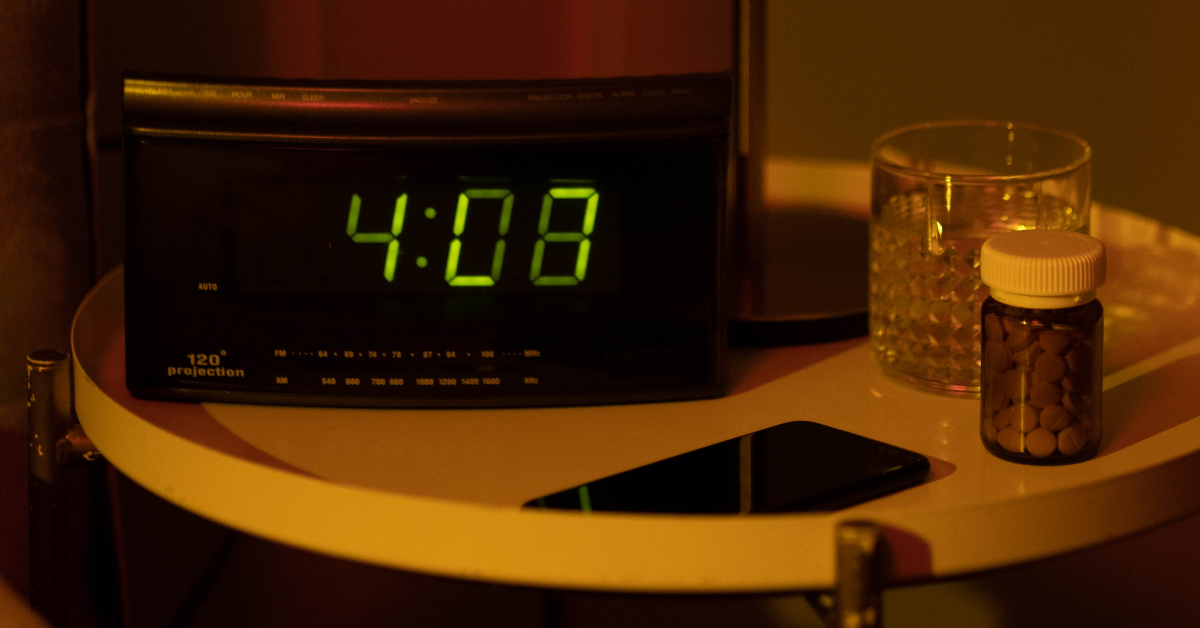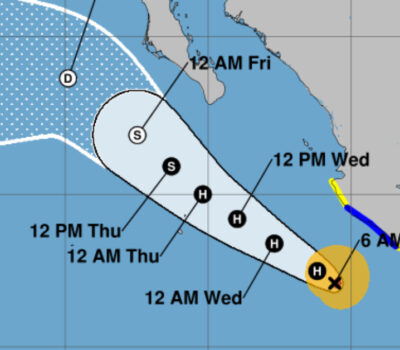A recent scientific opinion entitled Mind After Midnight, written by scientists from the universities of Harvard and Pennsylvania, detailed a hypothesis of those who postpone sleeping for one more chapter of a series, the last glass of wine to finish the bottle, or poke around on Twitter.
The argument suggests that when we are awake after the biological circadian midnight, for most people, neurophysiological changes occur in the brain that alters the way we interact with the world, especially actions related to impulse control, reward processing, and information processing. The work was published in an article in the journal Frontiers in Network Psychology.
Modifications can make it more likely, experts say, to view the world in a negative light, engage in harmful behaviors, and make impulsive decisions (including those associated with addictive behaviors such as substance abuse and gambling) without fully thinking of the consequences.
“The basic idea is that, from a high-level, global, evolutionary point of view, the internal biological circadian clock is tuned toward processes that promote sleep, not wakefulness, after midnight,” explained Elizabeth B. Klerman, a researcher in the Department of Neurology at Massachusetts General Hospital, a professor of neurology at Harvard Medical School and lead author of the paper. She describes the hypothesis as a call for researchers to conduct new studies to better understand how these circadian differences affect behavior, decision-making, and work performance at night. These could identify strategies that can help people cope.
The findings could have far-reaching effects on people who must be up at night for work, including pilots, police officers, healthcare workers, and military personnel. The research could also lead to new strategies to reduce substance use disorders, violent crime, suicide, and other harmful behaviors.
“There are millions of people who are awake in the middle of the night, and there is pretty good evidence that their brain is not working as well as it does during the day. My request is that more research be done to look into that, because your health and safety, as well as that of others, is affected,” Klerman said. After midnight, people are at higher risk of engaging in harmful behaviors such as suicide, violent crime, and substance use, according to previous research.
For example, Michael L. Perlis, Associate Professor of Psychology at the University of Pennsylvania (UPenn) Perelman School of Medicine and co-author of the Mind After Midnight hypothesis, found that if you adjust for the number of people who are awake at any given time, suicides are statistically more likely to occur during the night hours. Homicides and other violent crimes are also more common at night, as are risks from the illicit or inappropriate use of substances such as alcohol, cannabis, and opiates.
Food choices at these times also tend to be unhealthy, as we seek out more carbohydrates, fats, and processed foods and often consume more calories than we need. Specialists suggest that it is much easier to commit a crime under the cover of darkness. Also, there are fewer people around and waking you up at night to help control behavior. However, it is likely that there is also a biological basis. Klerman explains that the circadian influence on neural activity in our brains changes over the course of 24 hours, leading to differences in how we process and respond to the world.
For example, positive affect, the tendency to see information in a positive light, is at its highest during the morning, when circadian influences are attuned to wakefulness, and at its lowest at night, when circadian influences are attuned to wakefulness. In parallel, negative affect: the tendency to see information in a negative or threatening light is higher at night.
The body also naturally produces more dopamine at night. This can disrupt the reward and motivation system and increase the likelihood of engaging in risky behavior. This biased interpretation of the information is then sent to the decision-making parts of the brain, which normally work to control negative emotional distractions and focus on goal-oriented behavior.
Nevertheless, at night, these parts of the brain are also subject to circadian rhythm-influenced changes that can affect decision-making, functioning, and prioritization. Suddenly your worldview narrows and becomes more negative, you start making poor decisions, and the mental map you create of the world around you may no longer match reality.
According to the authors, you could end up drinking too much, missing a crucial patient diagnosis, or crashing a truck. Klerman experienced some of these feelings firsthand when she struggled to fall asleep after experiencing severe jet lag during a trip to Japan.
“While a part of my brain knew that I would eventually fall asleep, as I lay in bed and watched the clock tick, I was beside myself. So I thought, ‘what if I was a drug addict? I’d be trying to get drugs right now. I later realized that this may also be relevant if it is about suicidal tendencies, substance abuse or other impulse disorders, gambling, or other addictive behaviors. How can I prove that?” she said.
Mind After Midnight remains a hypothesis, which will require validation through carefully crafted research studies. In an ironic twist, the best way to collect this data without the confounding effects of sleep loss will require the study researchers and staff to be up and working after midnight, for example, taking functional magnetic resonance imaging (fMRI) of study participants.
“Most investigators don’t want to be called in the middle of the night. Neither do research assistants and technicians want to be up in the middle of the night,” Klerman acknowledged. “But we have millions of people who have to be awake at night or are awake involuntarily. Some of us will have to go through discomfort so that we can better prepare them, treat them, or do what we can to help,” she concluded.
A recent scientific opinion entitled Mind After Midnight, written by scientists from the universities of Harvard and Pennsylvania, detailed a hypothesis of . . .












